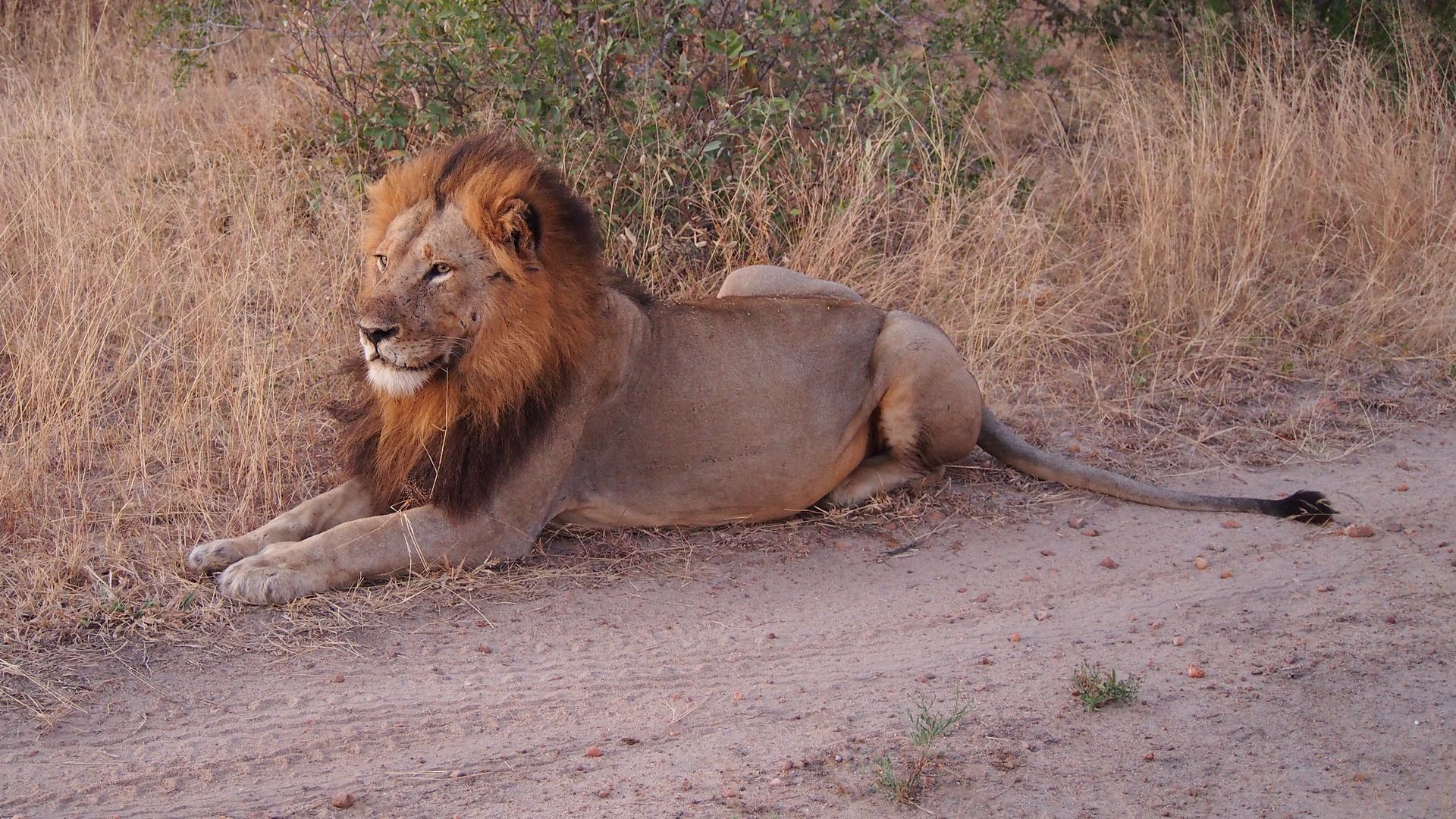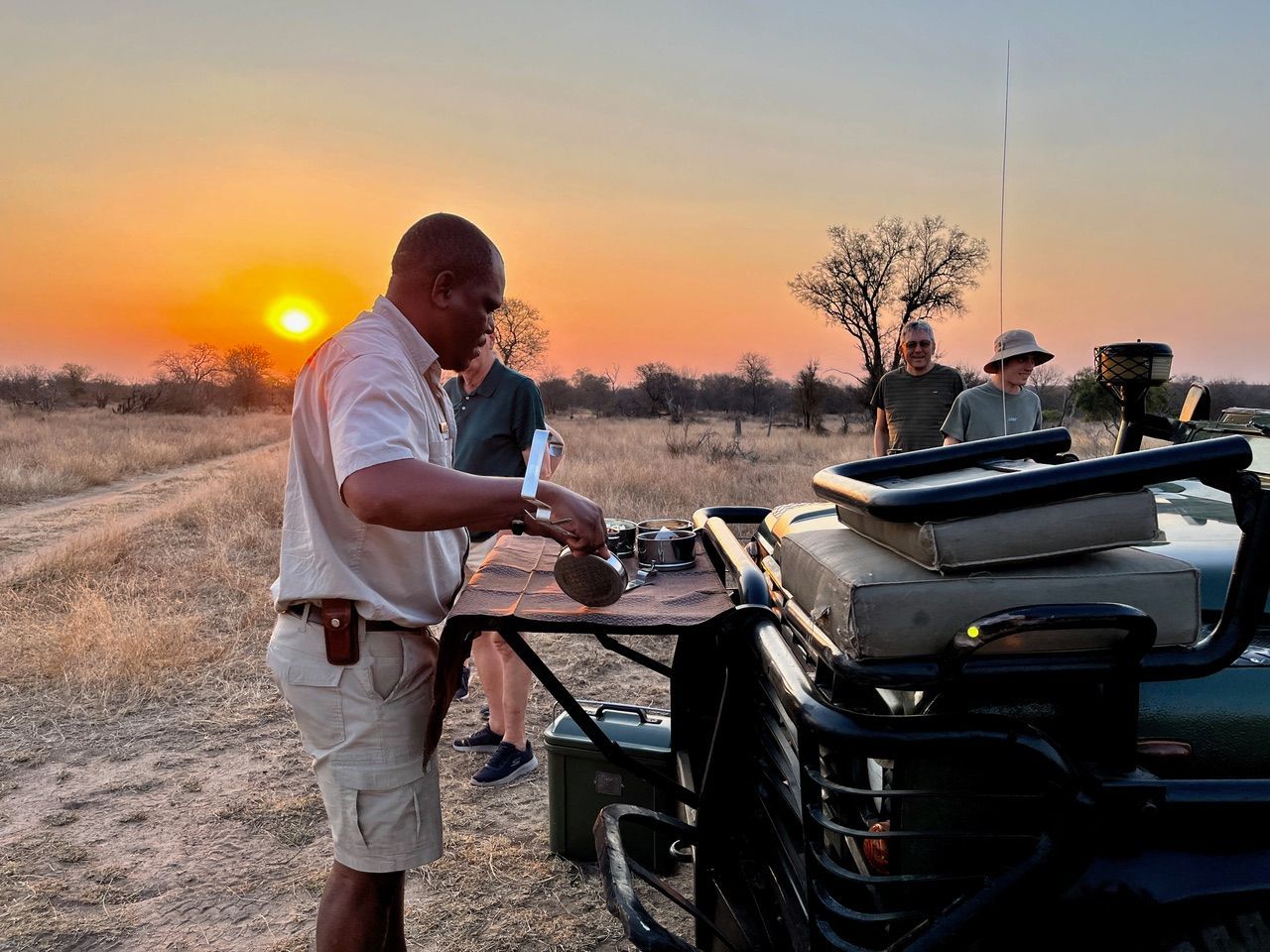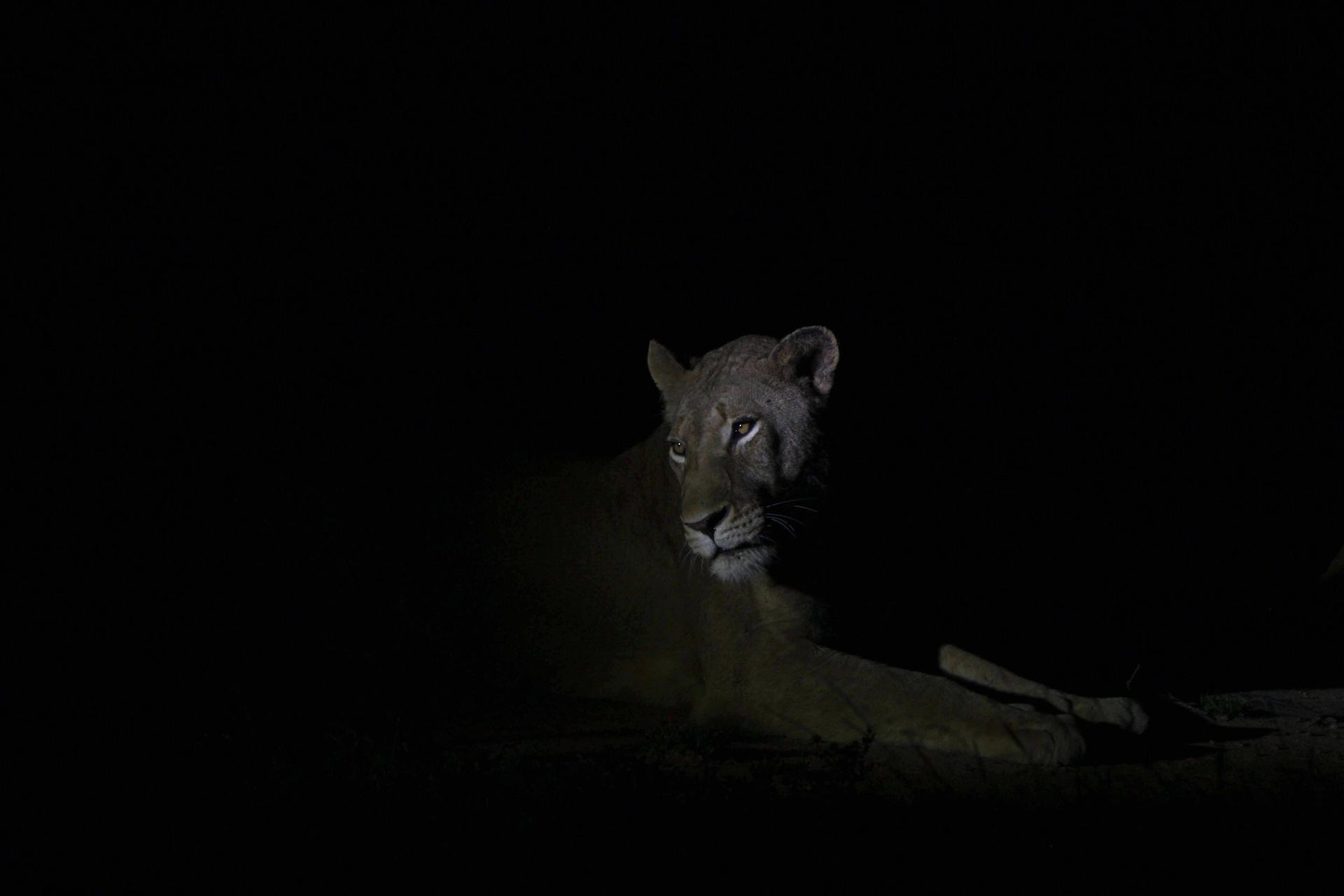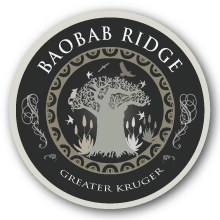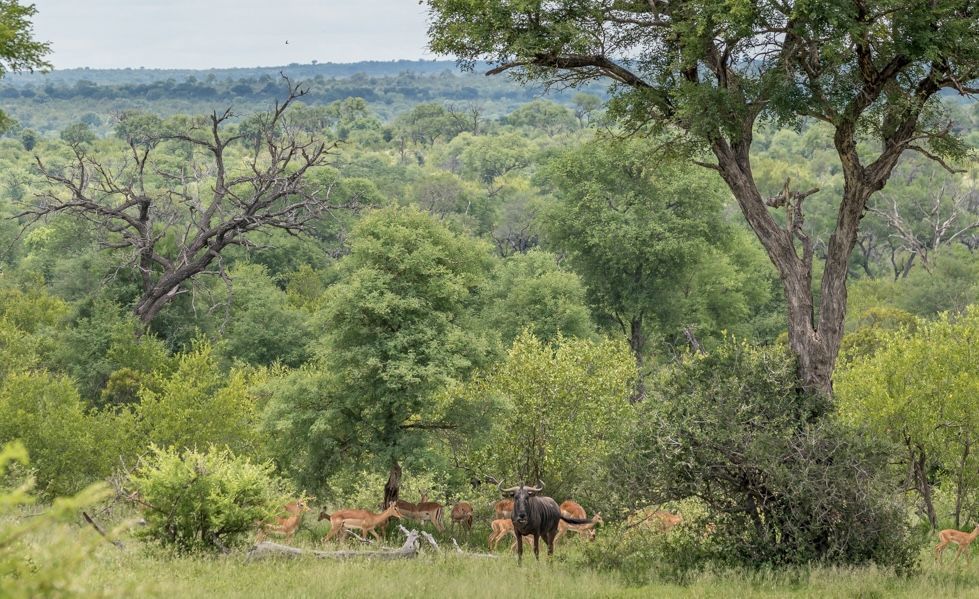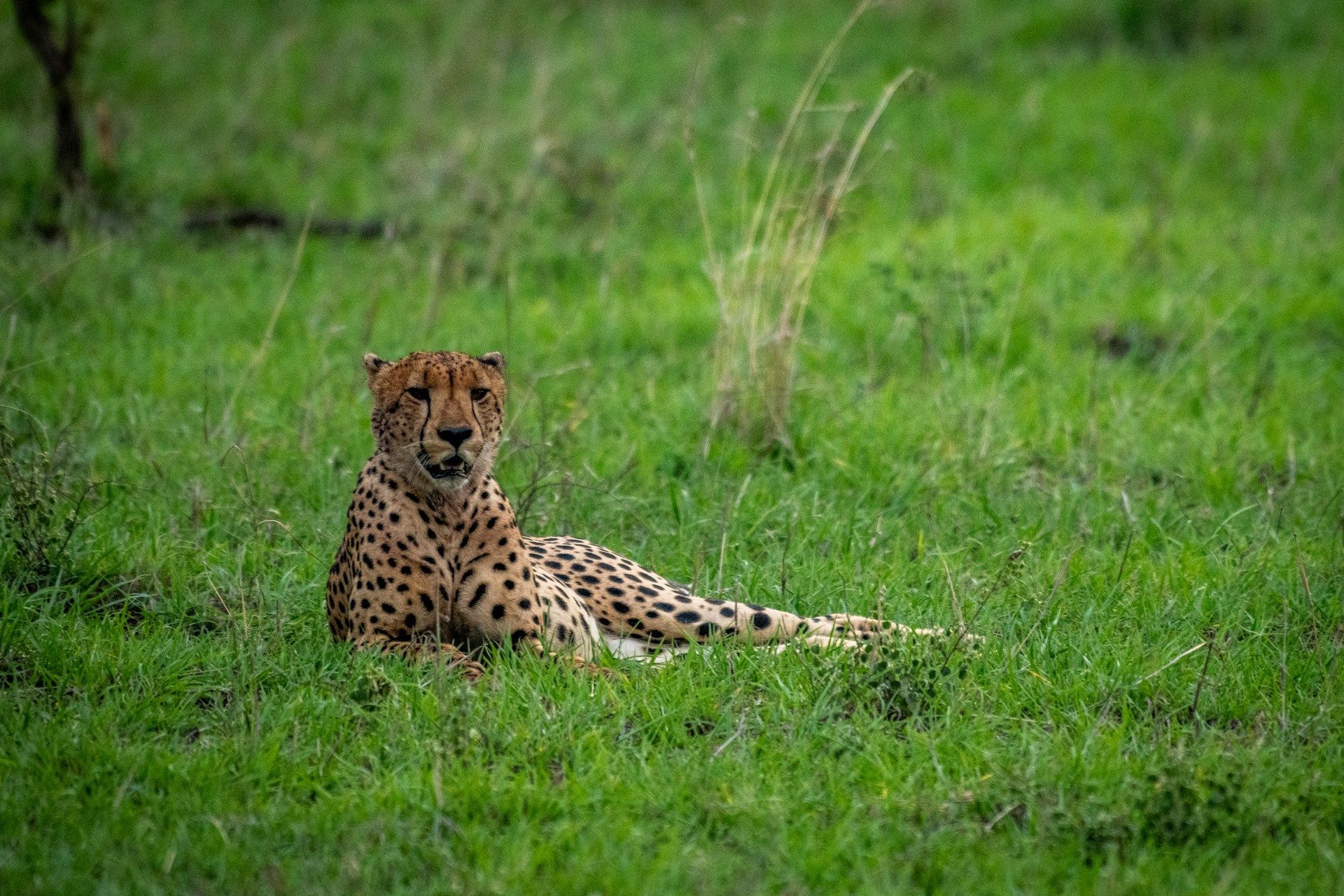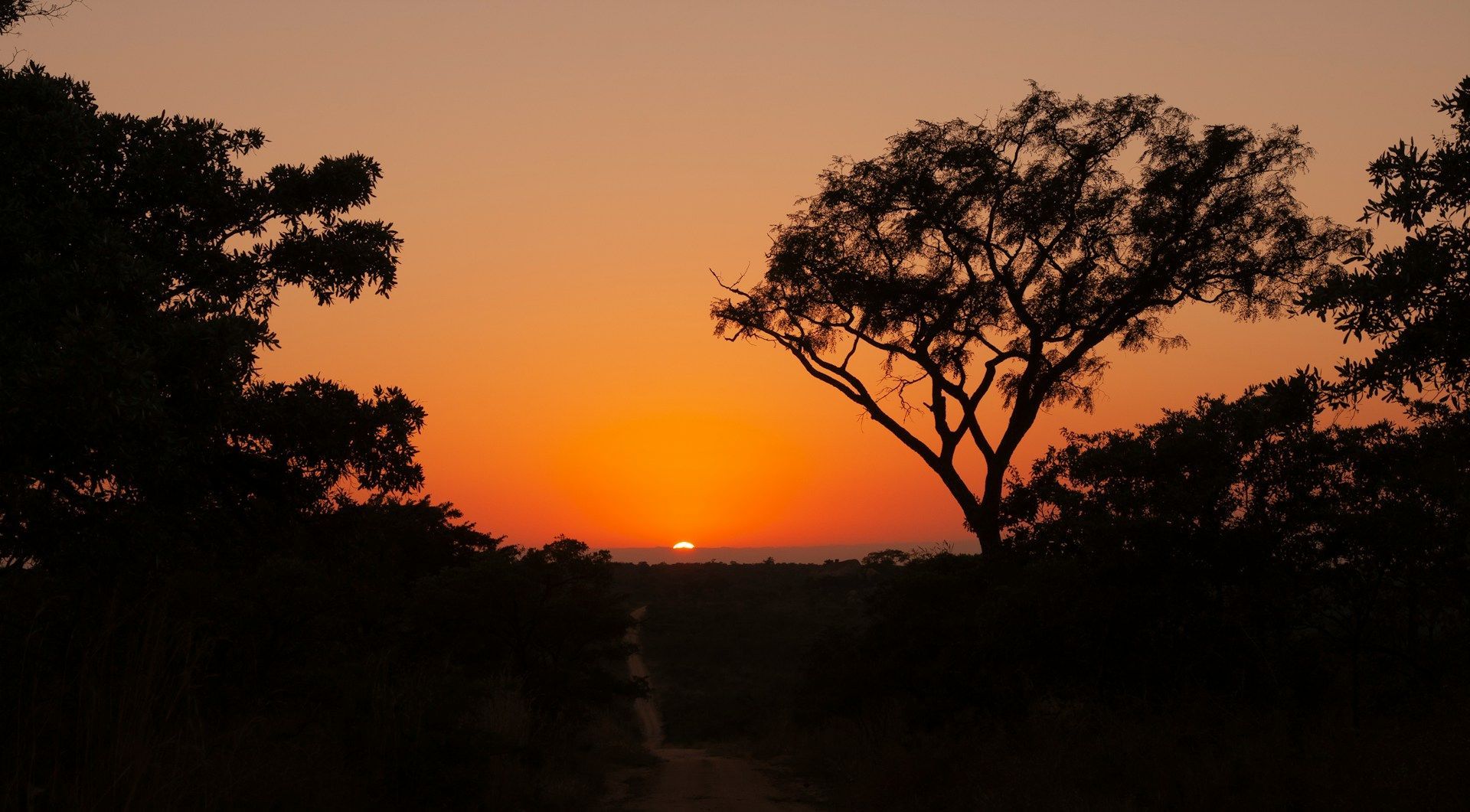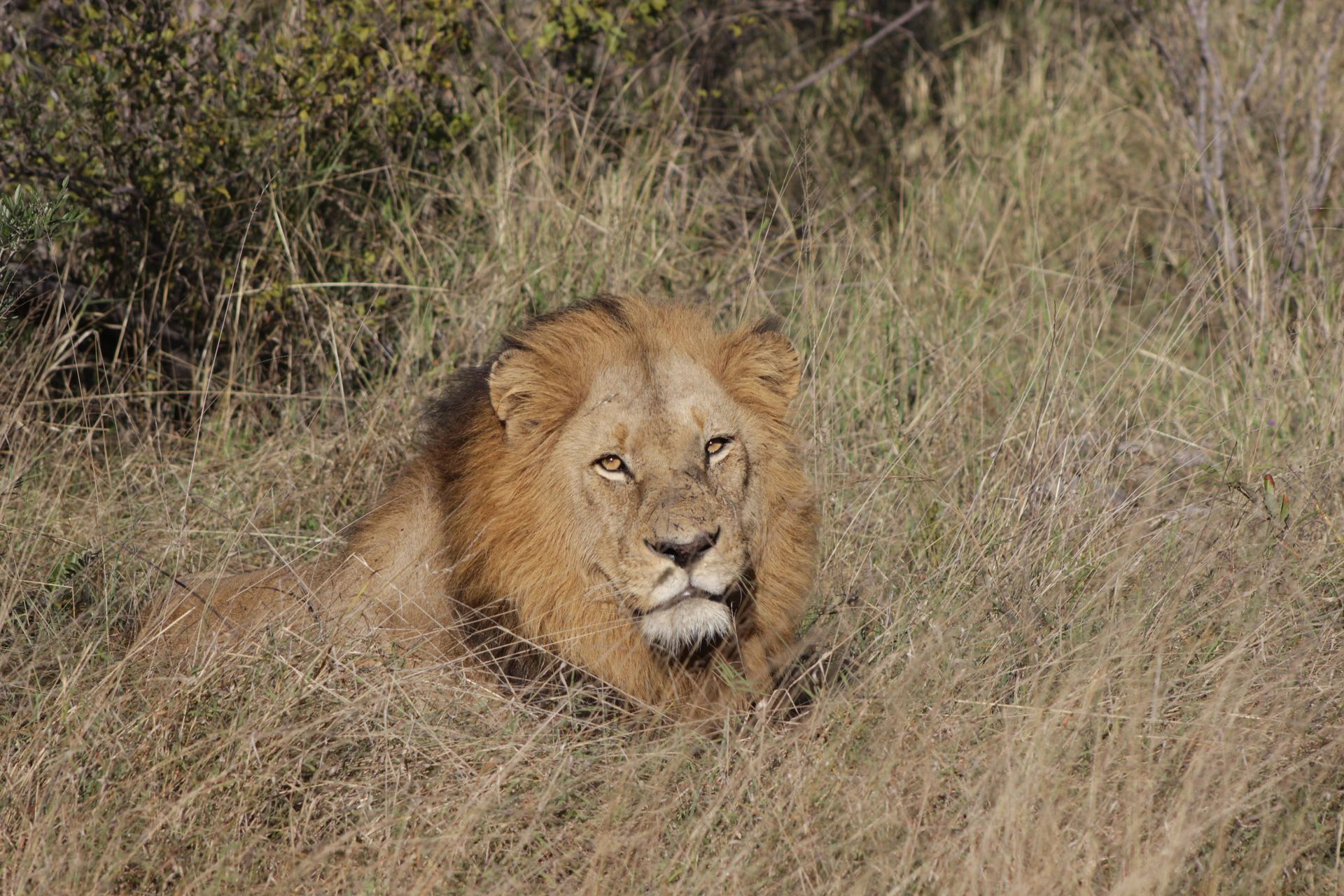Community and conservation at our core
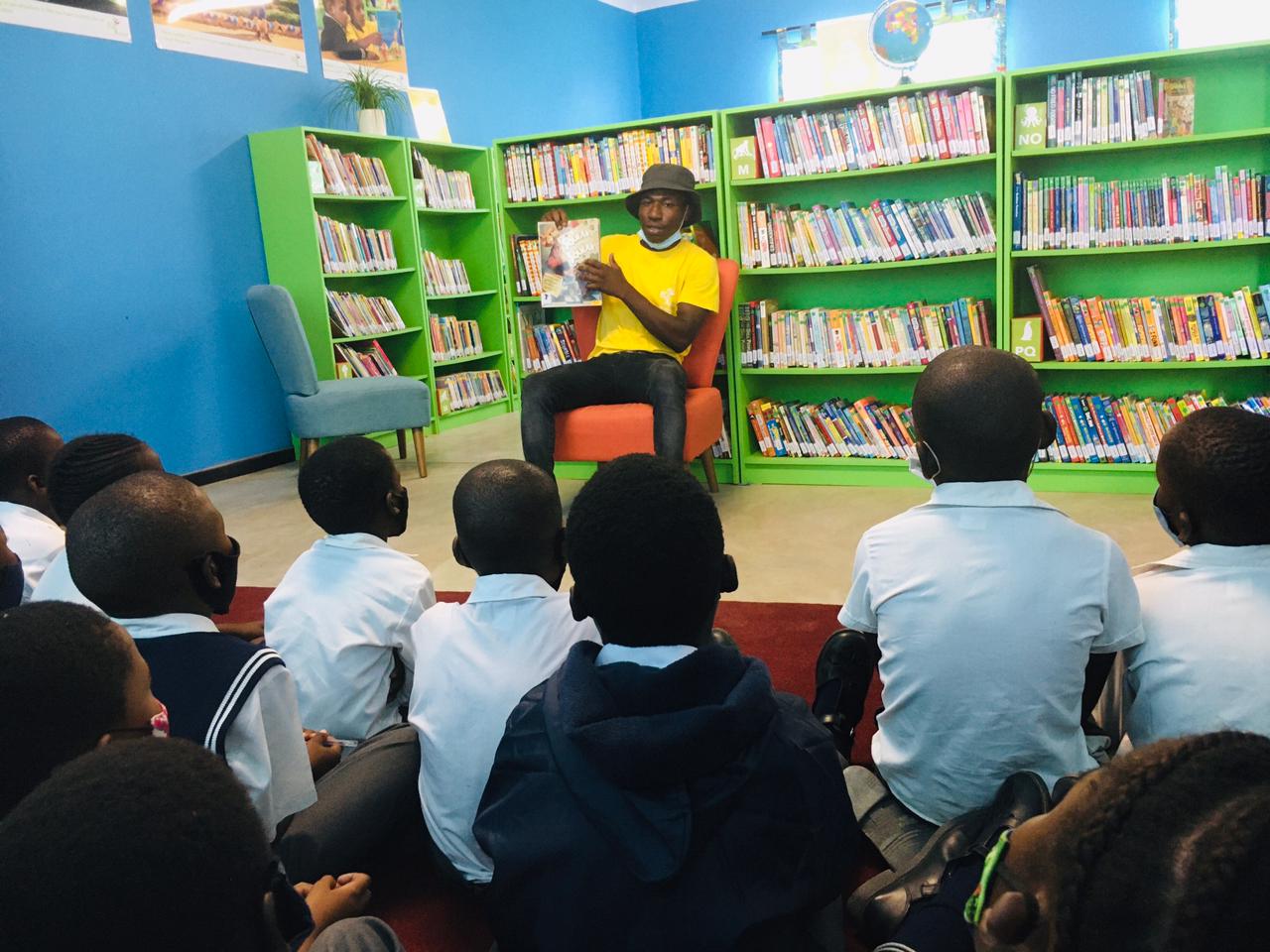
EMPOWERING CHILDREN IS THE KEY TO OUR FUTURE...
For Baobab Ridge, the way we do business is underpinned by our deep and lasting commitment to people and planet through our contribution to conservation on the Klaserie and the work we do to help our local communities. In this respect, we support the wonderful Eco Children NGO that focuses on empowering children in the villages and communities on our periphery.
Eco Children actively sows seeds of change through pioneering educational programmes that develop childrens' awareness of their environment, of conservation issues and of the role they have to play in the future of conservation. By improving the quality of education they receive and creating opportunities for them, children become catalysts for change in both their families and their communities.
Based in Limpopo, on the western border of the Greater Kruger National Park, Eco Children operates mainly in the Bushbuckridge area and works with extremely poor communities. Although these communities live adjacent to one of the most pristine natural conservation areas in the world, the majority of people who live here have never been in the park or seen wildlife.
Conservation is not seen as a priority by most locals in the villages around us here at Baobab Ridge. Statistics published by the Bushbuckridge Municipality indicate that only 80% of all households in the area have access to running water and 90% of roads are unpaved. It is statistics like this that highlight the opportunities that crimes like rhino poaching hold for these communities.
Eco Children champions community-led conservation and education programmes, so people living near natural conservation areas like the Greater Kruger are inspired to protect wildlife and feel a sense of ownership for their natural heritage.
They work with eight primary schools in the area and have established an Eco Village at each one, adopting a "whole school development" approach through partnership. This achieves the buy-in of everyone at the school as well as the communities the school serves.
An Eco Village consists of an Eco Garden and an Eco Clasroom. The Eco Garden is a large vegetable garden that demonstrates to learners the principles of food production and sustainability, and contributes to the school feeding scheme. Eco Children builds a classroom to serve as the Eco Classroom and uses this to present conservation-based lessons, focussing on teaching learners about the importance of conservation, sustainability, and the long-term benefits of tourism for the community.
Eco Children also helps the schools to improve essential infrastructure such as libraries, kitchens, toilets and additional classrooms. By transforming dysfunctional schools into educational havens with a strong eco focus, it creates spaces that are conducive to learning.
The organisation also offers a bursary programme where it shifts focus from purely educational work to empowering talented learners to escape the cycle of poverty, providing them the opportunity to give back to and influence their communities.
All eight of Eco Children’s adopted schools are among the poorest schools in South Africa. Despite the burdens placed on them by poverty, many of the children at these schools show exceptional talent and promise. Given the right opportunities they have the ability to shine academically and become leaders in their communities.
For more information and to get involved, visit the Eco Children website, here:https://www.ecochildren.co.za
Or watch the Eco Children video here: https://youtu.be/Vy-0OtPtkbA
